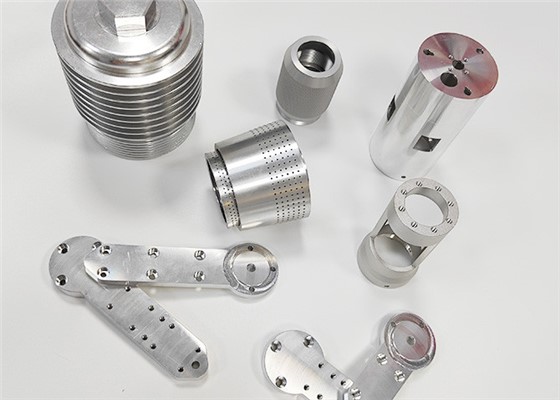Precision lathe machining technology is a high-tech and relatively complex machining method, with the following significant characteristics:
1. High precision: Precision lathe machining relies on high-precision, rigid machine tools and finely ground cutting tools. By cutting a very thin layer of metal on the surface of the workpiece with a small cutting depth and feed rate, it achieves extremely high machining accuracy. This process can significantly reduce the residual area during the cutting process, eliminate adverse effects such as cutting force, cutting heat, and vibration to the maximum extent, and achieve extremely high dimensional and shape accuracy.
2. High surface quality: After precision lathe machining, the surface of the workpiece is basically free of residual tensile stress, and the roughness is greatly reduced, thereby greatly improving the surface quality of the machining. This is particularly important for workpieces that require high smoothness and good physical and mechanical properties.
3. Multi axis linkage: Precision lathes can achieve multi axis linkage, making it easy to machine spatial curves and surfaces that are difficult or impossible for many ordinary machine tools to complete, greatly increasing the process range of the machine tool.
4. High degree of automation: Precision lathes usually adopt automation technologies such as automatic transmission and automatic tool change, greatly reducing auxiliary time and improving production efficiency. At the same time, this process is also suitable for the development and modification of new products, because when the machining object changes, only the machining program needs to be changed, and the tool parameters need to be adjusted to perform new part machining.
5. High efficiency and flexibility: Due to the high precision and automation of precision lathe machining technology, it can significantly improve production efficiency. At the same time, this process also has high flexibility and can process various types of parts and surfaces.
The precision lathe machining process has broad application prospects and important value in the manufacturing industry due to its high precision, high surface quality, multi axis linkage, high degree of automation, and high efficiency.


